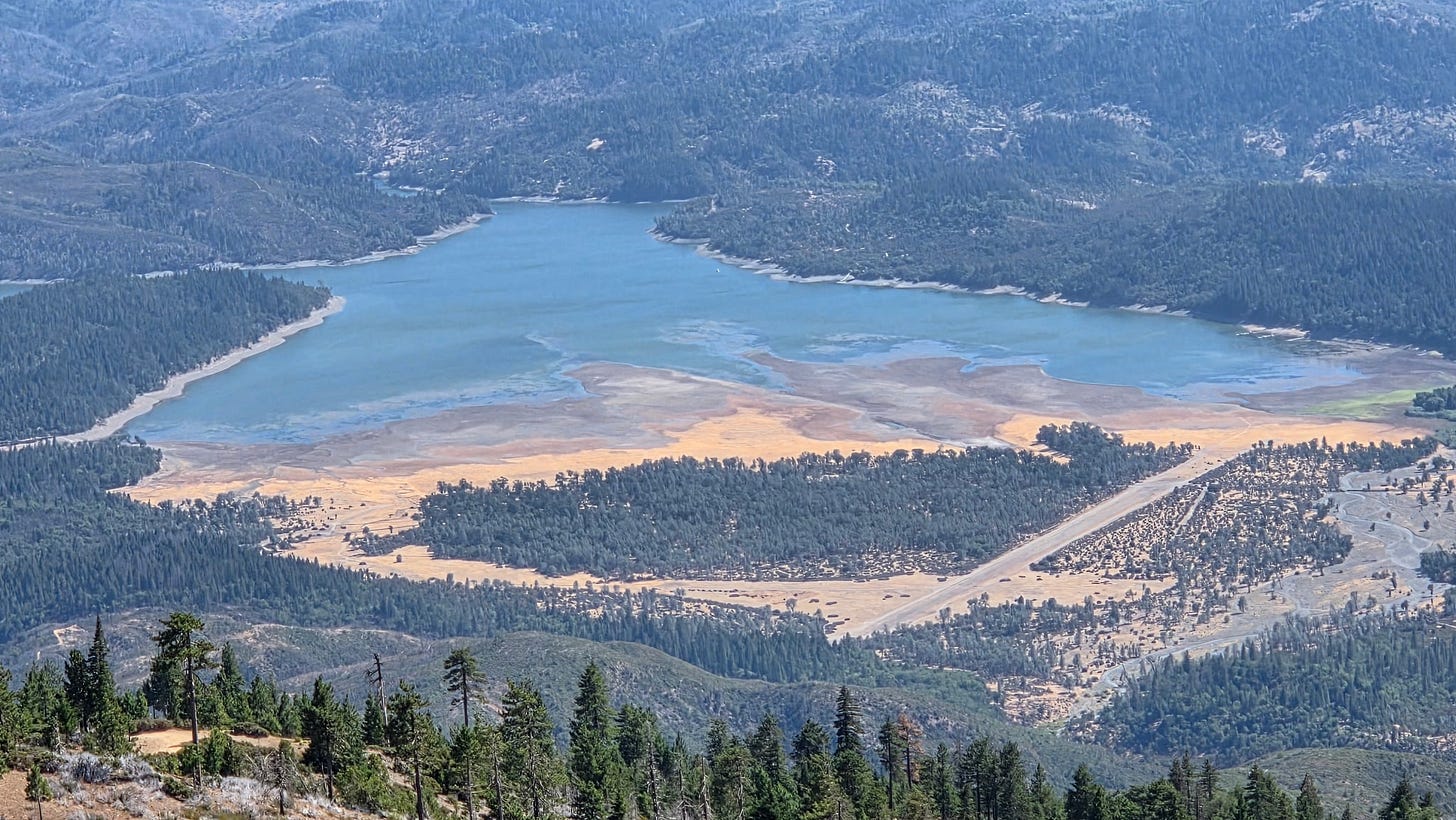Letter from Russian and Eel River communities asks federal agencies to review "devastating" environmental impact of Potter Valley dam removals
Over 900 farmers, ranchers, tribal leaders, community leaders, and residents signed a letter opposing proposed dam removals in Potter Valley.

More than 900 community leaders, tribal members, farmers, ranchers, firefighters, and residents of the Russian and Eel River communities…



